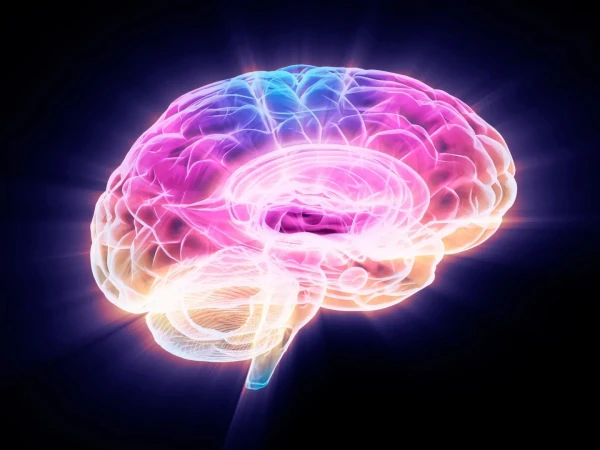Recently, researchers at the University of California, San Francisco, have discovered a protein called FTL1 that plays a key role in brain aging.
In experiments on mice, the researchers found that mice had high levels of FTL1 in their hippocampus (the part of the brain associated with memory and learning), which led to fewer connections between brain cells, limited growth, and impaired memory.
When FTL1 was reduced, the aged mice showed a surprising improvement in their brain capacity – their neurons became more interconnected and they performed significantly better on memory tests. Experts said that this is not “just stopping” but actually reversing the effects of aging.
As researcher Sol Velada said, this discovery offers hope for the return of the abilities of a young brain, not just delaying them.
High levels of FTL1 also slow down cellular metabolism. Following the discovery, researchers are working on the potential to develop therapies targeting FTL1 and potentially improve human brain function.
